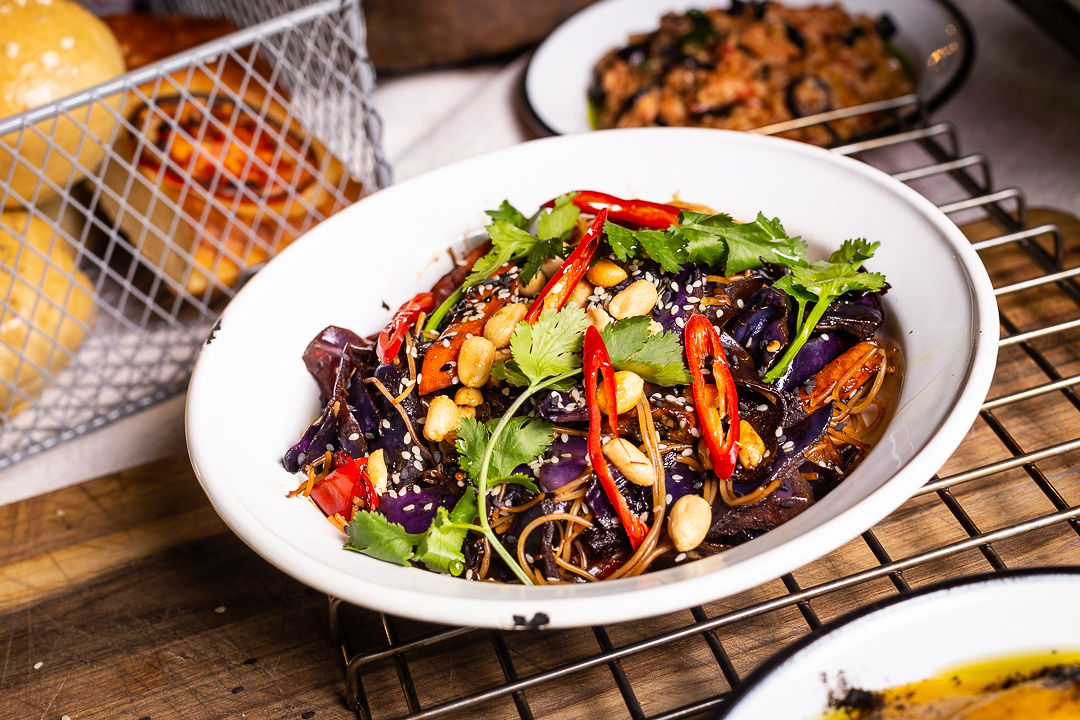Chinese New Year is Here - Discover 4 Curiosities from the Chinese Kitchen
At Stradale, we believe in fostering an appreciation for different cultures and their culinary traditions. Today, we invite you to delve into the fascinating realm of the Chinese kitchen, where every dish tells a story.

Curiosity no.1: The Art of Dim Sum
Dim sum, meaning "touch the heart" in Cantonese, is not just a meal, but a cherished social tradition in China. These bite-sized portions of food, often served in bamboo steamers, offer a tantalizing array of flavors and textures. From delicate dumplings filled with savory meats or vegetables to steamed buns with sweet custard fillings, dim sum is a culinary experience like no other. Fun Fact: Dim sum originated as a snack for weary travelers along the ancient Silk Road!
Curiosity no.2: The Mystique of Tea
Tea is an integral part of Chinese culture, with a history dating back thousands of years. Traditional Chinese tea ceremonies are intricate rituals that highlight the elegance and beauty of the tea-making process. Did you know? China is the birthplace of tea, and it is home to a vast array of tea varieties, each with its own unique flavor profile and health benefits.
Curiosity no.3: The Secret of Wok Cooking
The wok is more than just a cooking vessel; it's a symbol of culinary prowess in Chinese cuisine. The unique shape of the wok allows for quick and efficient cooking, with ingredients stir-fried to perfection over intense heat. What's fascinating is the versatility of the wok – it can be used for steaming, deep-frying, and even smoking food! Fun Fact: The shape of the wok and the high heat used in wok cooking are believed to have originated from the need to conserve fuel in ancient China.
Curiosity no.4: The Symbolism of Food
In Chinese culture, food is more than just sustenance – it's a reflection of values, beliefs, and traditions. Many Chinese dishes are imbued with symbolic meanings, often associated with good luck, prosperity, and happiness. For example, fish symbolizes abundance and surplus, while noodles represent longevity. Even the way dishes are served and consumed can carry cultural significance, such as the communal sharing of dishes during festive gatherings
Let's celebrate Chinese New Year & join us on this culinary adventure as we continue to explore the flavors of the world together!